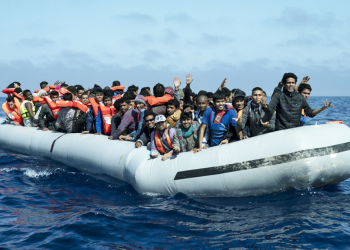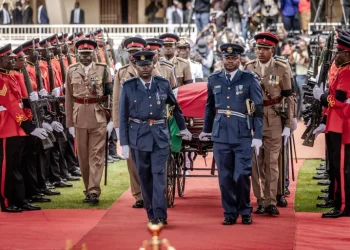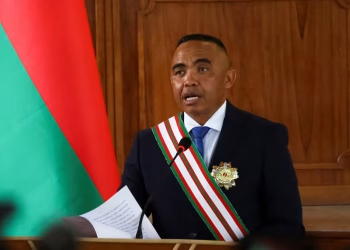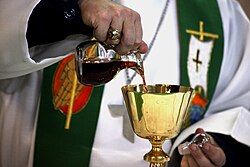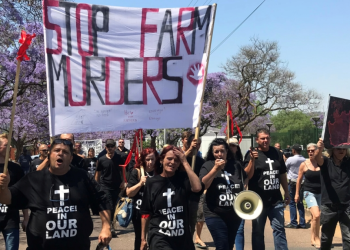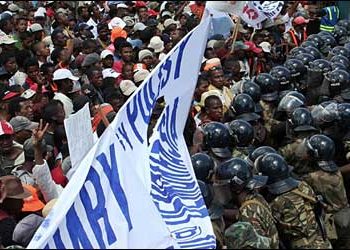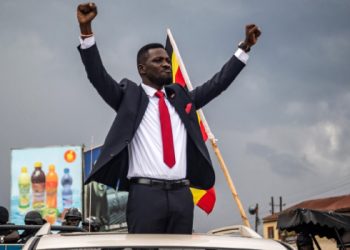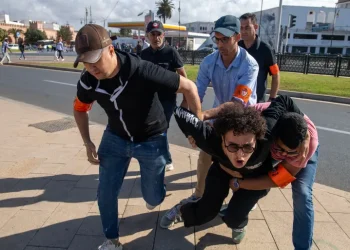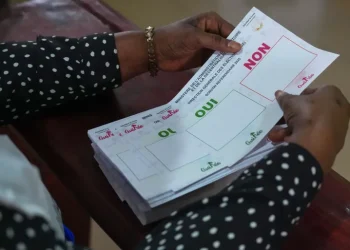The Ivory Coast election is set for a dramatic showdown as President Alassane Ouattara seeks a controversial fourth term amid a divided opposition and rising public unease. The 83-year-old leader, who has ruled for 15 years, faces growing criticism despite presiding over years of economic growth in the world’s largest cocoa-producing nation.
While his supporters praise him for transforming infrastructure and stabilizing the economy after the 2010 civil war, critics argue his extended rule threatens democracy. His decision to run again has triggered protests and arrests, with more than 700 demonstrators detained this month alone.
Several top rivals, including opposition leader Tidjane Thiam and former president Laurent Gbagbo, have been disqualified — narrowing the race but intensifying public frustration.
The Main Rivals: Simone Gbagbo and Jean-Louis Billon
Among those challenging Ouattara are former first lady Simone Gbagbo, 76, and business tycoon Jean-Louis Billon, 60. Gbagbo, once known as the nation’s “iron lady,” has energized supporters with promises to rebuild education and empower women. Backed by former youth leader Charles Blé Goudé, she leads the Movement of Capable Generations (MGC), appealing to voters disillusioned with the ruling party.
Meanwhile, Billon, one of Ivory Coast’s richest men and a former trade minister, is attracting strong urban support. Representing the Democratic Congress (Code) party, he champions generational change, arguing that “the economy is growing, but not for us.” His energetic campaign rallies, often filled with music and dance, have made him a favorite among young voters who demand jobs and lower living costs.
Security Fears and Regional Divides
As tensions rise, many fear a repeat of the 2010 post-election crisis that left over 3,000 people dead. Security forces are deployed across major cities, while some families are fleeing Abidjan ahead of the vote.
Regional loyalties remain crucial: Ouattara commands strong support in the north among Dioula-speaking communities, while Simone Gbagbo draws her base from the west and southwest. Billon’s influence is strongest in central regions and urban centers.
Foreign relations have also surfaced as a key issue. Ouattara’s pro-West stance has strained ties with neighboring Sahel nations, whose military juntas accuse him of siding with France. Rivals like Ahoua Don Mello call for closer cooperation with Russia and China, arguing for diversified diplomacy.
Hope for Peaceful Change
Despite fears of unrest, many Ivorians remain hopeful. “We don’t want to die again for politicians,” said one voter in Abidjan. Others, especially youth, see the Ivory Coast election as a chance for renewal.
As the nation votes, Ivorians are choosing between continuity under Ouattara and a new political era led by figures like Gbagbo or Billon. Whatever the outcome, the stakes for peace, democracy, and economic equity in this West African powerhouse have never been higher.

